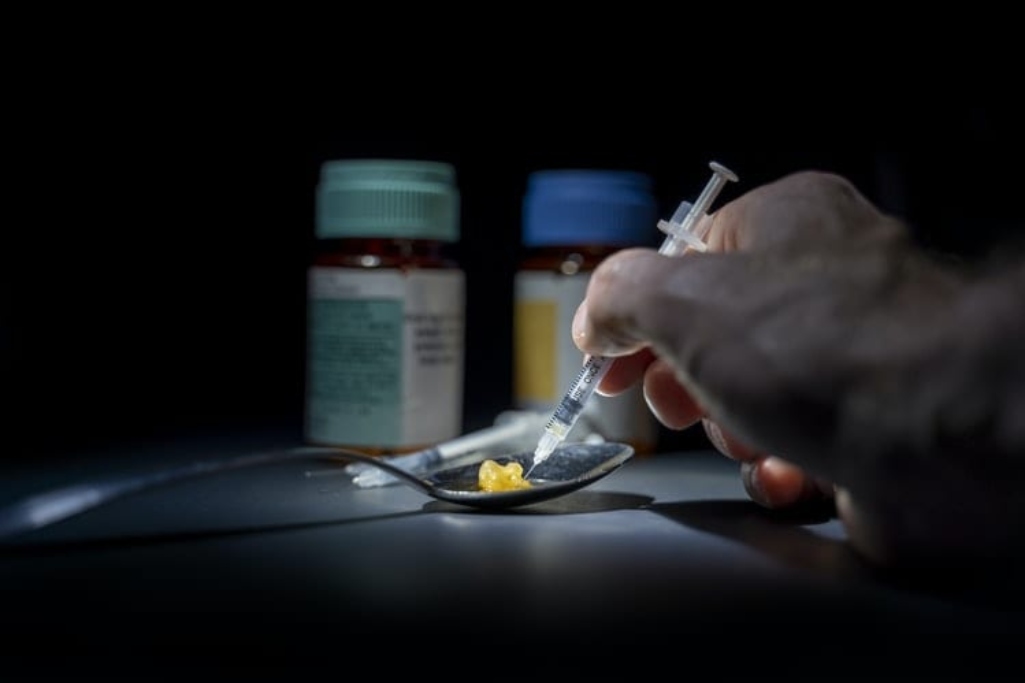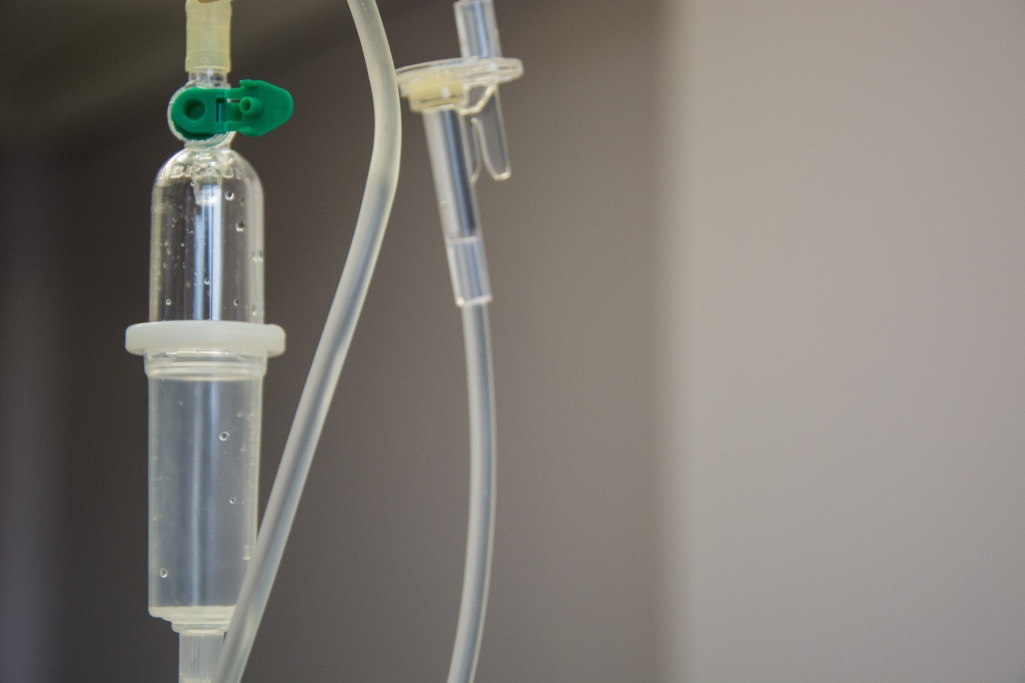
SALEM, Ore. (BP) – Overdose deaths in Oregon increased 43 percent in the first year of the state’s attempt to combat drug abuse by decriminalizing possession of small amounts of controlled drugs, including fentanyl and other opioids.
More than 4,230 drug overdose deaths later, according to Centers for Disease Control and Prevention numbers, Oregon is recriminalizing drug possession while retaining certain components of the 2020 Measure 110, that decriminalized possession and encouraged treatment.
Southern Baptist executive Randy Adams, who warned opioid decriminalization would only increase Oregon’s illegal drug problem, laments the measure’s toll.
“The horrific consequences of this little experiment will continue until the end of time,” Adams told Baptist Press as the bipartisan bill to overhaul Measure 110 awaits Gov. Tina Kotek’s assured signature. “Thousands died and thousands of families were shattered.”
Adams is executive director and treasurer of the Northwest Baptist Convention, serving Washington and Oregon.
“We are grateful that the Oregon legislature voted to repeal parts of Measure 110,” Adams said. “It is vital to remember, however, that thousands died from drug poisonings and overdoses during the three years in which ‘hard drugs’ were decriminalized for possession of small amounts.”
Under decriminalization, abusers were encouraged to voluntarily enroll in treatment programs and benefit from social service programs while avoiding jail time.
Pastor Ryan O’Malley, who has seen an increase in enrollment in Cultivate Community Church’s Celebrate Recovery program, said Measure 110’s reliance on voluntary enrollment in treatment programs, among other concurrent factors, might have contributed to decriminalization’s failure.
“The option for people to come in on their own and not be criminalized for possession,” he said, “that’s why you saw so many overdoses, because no one took the opportunity to just go in for these treatment availabilities. It just didn’t work out like that.”
In the past year, Celebrate Recovery has increased from about 8-10 participants to more than 25-30, O’Malley said of the Portland church’s program.
“But to attribute that specifically to that measure,” he said, “I don’t know that I’d be able to say that necessarily.”
O’Malley speculated that a variety of factors contributed to an increase in drug overdose deaths, including drug availability, ease of possession and the COVID-19 pandemic, which exacerbated drug addiction nationally, according to the National Institute on Drug Abuse.
“I think the year 2020 in itself affected our Celebrate Recovery ministry in itself the most,” O’Malley said, “with the isolation and challenges that everyone had faced. And a lot of people turned to a lot of things, everything from food and certainly drugs and alcohol to cope.”
Measure 110 was enacted in 2021 after 58.6 percent of voters approved it in November 2020, making Oregon the first state to decriminalize opioids and other hard drugs. The measure allotted marijuana tax revenue and law enforcement cost savings to expanded treatment services and social support programs.
In the first year of decriminalization, the CDC recorded 1,171 overdose deaths in Oregon, a rate of 26.8 deaths per 100,000 people; up from 803 in 2020, a rate of 18.7 deaths per 100,000 people. Oregon’s increase in overdose deaths has continued unabated, increasing 43.87 percent from 2022 to 2023, the CDC reported. That’s the highest percentage increase in the nation, followed by Washington state at 41.67 percent.
Adams points out Gospel presence in the places hardest hit by drug overdose deaths.
“It is also important to remember that God has placed His church in the very place where this tragedy continues to unfold,” Adams said. “Oregon is one of seven states where the majority claim to have no religion. But there is a remnant that is standing against the evil one and boldly proclaiming the Gospel of Jesus Christ.
“Death comes to all, the righteous and the unrighteous. It is the joy of Northwest Baptists to proclaim that Jesus overcame death and will raise those who trust in Him to eternal life.”
The revisions to Measure 110 recriminalize drugs while also expanding treatment options. In supporting the bill, Gov. Kotek has expressed particular interest in statistics from the Oregon Criminal Justice Commission, Oregon Public Broadcasting reported, which anticipate recriminalization will lead to 1,333 new convictions a year, and an additional 533 jail sentences a year after probations are revoked.
Oregon was also the first state to decriminalize marijuana, done in 1973. That measure remains.
(EDITOR’S NOTE – Diana Chandler is Baptist Press’ senior writer.)


